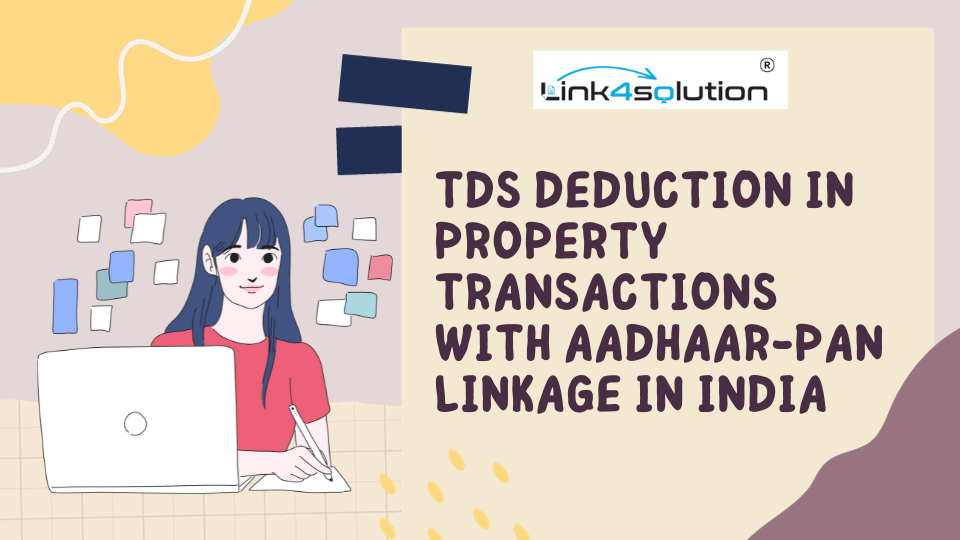Understanding the Legal Framework
The landscape of real estate transactions in India involves crucial aspects like the deduction of income tax at source (TDS) when purchasing immovable property. Governed by the Income Tax Act, 1961, these laws ensure tax compliance and aim to reduce evasion.
The Importance of TDS in Property Transactions
The deduction of TDS in property deals primarily serves to monitor high-value transactions and curb tax evasion. The buyer is required to deduct a percentage of the amount as tax before payment to the seller, which is then deposited as advance tax with the Income Tax Department.
Who is Affected?
This rule impacts Indian residents buying property from residents or non-residents, with TDS being mandatory for property transactions over ₹50 lakhs.
TDS Rate Determination
– For properties sold by Indian residents, TDS is 1% of the transaction value if it exceeds ₹50 lakhs.
– For non-resident sellers, the TDS rate is higher and depends on the capital gain’s nature.
Payment Procedure and Documentation
Buyers must deduct TDS at the time of payment, depositing it with the Income Tax Department through Form 26QB and issuing a TDS certificate in Form 16B to the seller.
Exemptions and Considerations
Transactions under ₹50 lakhs or with government bodies are typically exempt from TDS.
New Update: Linking Aadhaar with PAN
Increased TDS for Unlinked Aadhaar-PAN
If the buyer’s or seller’s Aadhaar is not linked to their PAN, the TDS rate escalates significantly. In cases where this linkage is not done, a buyer may face a TDS of 20% on the purchase, a substantial increase from the standard 1%.
Notices Issued by the Income Tax Department
Following the deadline for Aadhaar-PAN linkage, the Income Tax Department has been actively sending notices to buyers in such situations, especially for properties over ₹50 lakhs. These notices enforce the 20% TDS rate due to the non-linked status of PAN and Aadhaar.
Impact on Buyers with Inoperative PAN
In instances where the seller’s PAN is not linked to their Aadhaar, leading to an inoperative PAN, the buyer might receive notices demanding the payment of the outstanding TDS at the higher rate of 20%.
Navigating the Updated Regulation
Importance of Linking Aadhaar-PAN
This update underscores the necessity for both buyers and sellers to ensure their Aadhaar and PAN are linked, to avoid the higher TDS rate.
Verifying Seller’s Compliance
Buyers must verify the Aadhaar-PAN linkage status of the seller to determine the applicable TDS rate accurately.
Conclusion: A Progressive Step with New Challenges
With the new mandate of linking Aadhaar and PAN, the Indian real estate sector moves towards greater transparency. However, it also brings new challenges and responsibilities for buyers and sellers in ensuring compliance to avoid hefty tax rates.
Expert Consultation Recommended
Given these complexities, consulting with tax advisors or legal experts becomes even more crucial. They can provide guidance on these evolving regulations and help navigate the intricacies of TDS deduction effectively.




